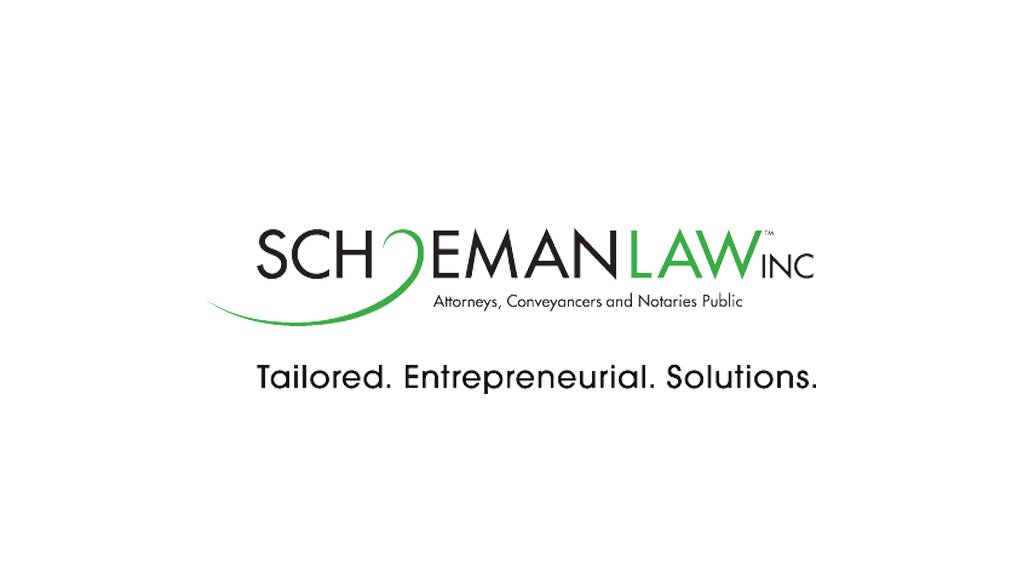Wastage is the number one issue in service-based businesses, including law firms. Wastage is a result we see when there is a weak interaction between the system, process and people, and it hampers progress.
How do you grow and scale?
Let's begin with the most common distinction between these two terms. In general, we think of growth in linear terms: a company adds new resources (capital, people, or technology), and its revenue increases as a result.
By contrast, scaling is when revenue increases without substantial resource increases. It is often said that the ability to scale is when a business becomes an asset to the owners.
Therefore, when waste from which revenue and profits leak is unattended, the firm cannot grow and scale.
So, what are wastes in a law firm context?
According to the International Institute of Legal Project Management, the following are typical wastes:
- Multiple processing of tasks being done more than once or handled more than they should be. Reading the same email three or four times because the inbox is overflowing, which means you read it – I don't have time now. Then mark it unread. Read it again and again before you reply. Handle something only once.
- Overproduction of overinvestment occurs when thoughts are performed more than they need to. So, spending 2 hours on drafting a simple letter, for example.
- Motion is typically when the movement of processes is too slow. This could be due to poor information management and unnecessary waiting or travel time. In South Africa, transportation delays resulting from ineffective public transport constitute a significant wastage.
- Defects are commonly caused by errors or multiple reworks – may be due to too many cooks in the kitchen or not having the right people to drive.
- Non-utilised resources mean to win this inefficiency in delegation or utilising technology.
- Technology – due to underutilisation or poor training.
- LPM teaches you to identify waste and resolve it.
Contact SchoemanLaw for LPM training in Africa https://www.schoemanlaw.co.za/training/ and upcoming events: https://www.schoemanlaw.co.za/media-events/
Written by Nicolene Schoeman-Louw, SchoemanLaw
EMAIL THIS ARTICLE SAVE THIS ARTICLE ARTICLE ENQUIRY
To subscribe email subscriptions@creamermedia.co.za or click here
To advertise email advertising@creamermedia.co.za or click here











